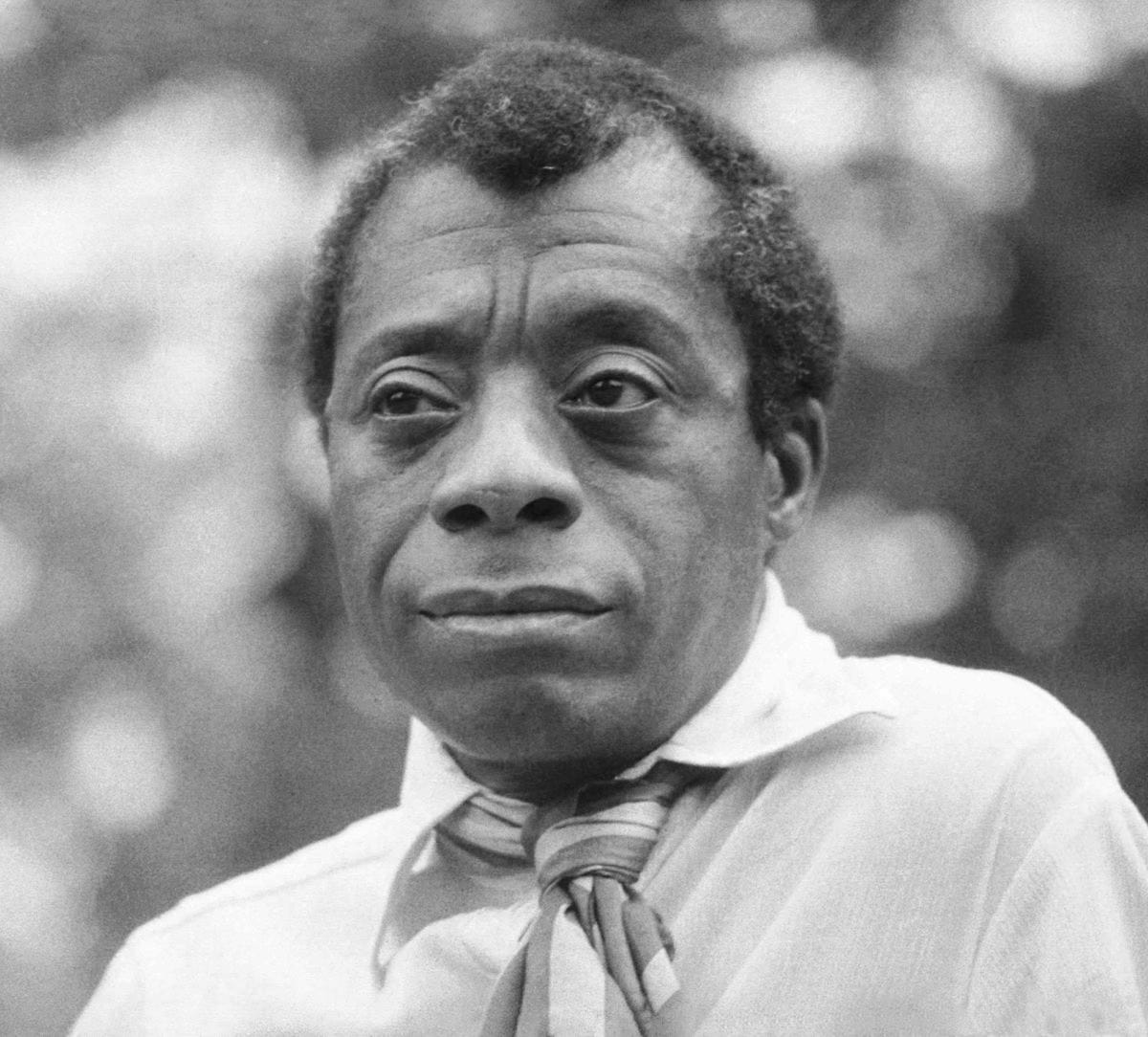Politics v. morality, policy v. existential truth
Review of What Truth Sounds Like: Robert F. Kennedy, James Baldwin, and Our Unfinished Conversation About Race in America by Michael Eric Dyson
This is a series of essays built around a meeting – between Robert F. Kennedy, James Baldwin, and other super-successful blacks – in Manhattan, spring 1963. It was a notorious failure: RFK talked policy and politics, was shocked that Baldwin and the others didn’t appreciate the efforts made of their behalf by the Kennedy Administration, and left disgusted at their ingratitude. For their part, the artists and intellectuals in attendance had left the floor to Jerome Smith, a brutalized Freedom Rider who openly expressed his rage to RFK, even threatening violence. All participants considered the meeting a catastrophe of miscommunication.
As Dyson sees it, RFK was offered something radically different than what he expected – a direct view into the suffering of an excluded minority that was much worse than anything he had, or could have, imaged. To RFK’s credit, Dyson believes that the confrontation got him to think more deeply, particularly in the aftermath of his brother’s assassination. Rather than entertain wonkish solutions, demands for patience, and “faith in progress” as mediated through American institutions, the black attendees brought RFK questions of morality, of existential truth, of the acute danger of civil war. It is the latter that concerns Dyson, which he iterates in the rest of the book as clashing with political compromise.
While Dyson offers many introductory explanations of the participants’ mindsets (their backgrounds, accomplishments, and issues), the book offers a series of brilliant cultural and political essays. Indeed, it is a book in the highest literary tradition. Many of the references were difficult or too subtle for me to fully understand and sometimes I got lost in the details, particularly the chapters on artistic expression and their impact on society. The most incisive essays are those on the activists, both those accepted by the mainstream (e.g. Harry Belafonte) and those rejected at the time (Mohammed Ali or Kaepernick). Presiding over everything is the imposing work and vision of James Baldwin, surely one of the greatest American writers of the 20thcentury.
If Baldwin serves as the lodestar of modern conscience, Trump is also a major presence in the book, the flipside representing white supremacy in all its chauvinistic arrogance, willful and lazy ignorance, and the inability to listen and learn. Indeed, in one of the most interesting arguments in the book, Dyson asserts that Trump, through his crude vanity and insensitivity, is teaching progressives what it has felt like to be black in America, that is, unheard, ignored, imposed upon, humiliated. The contrast is very powerful.
In my reading, Dyson’s basic argument is that, without a clear understanding of the historical suffering and growing rage of African Americans, nothing much can be done to fundamentally improve their situation. Real change, he explains, cannot be approached pragmatically; moderation and compromise ultimately maintain the status quo. What is required is radical action to shock politicians and the public into an existential recognition of the real state of things, which is that African Americans remain locked in an underclass of poverty and truncated opportunity while white supremacy continues to reign. This will put a lot of people off and generate the predictable backlash, but in my view is a valid and vital perspective. RFK, he concludes, was beginning to see this when he was assassinated.
That being said, Dyson may neglect how rural conservatives and populists also feel locked out of the American Dream, hence their Trumpian nihilism; I believe they deserve empathy as well, that their issues are not just those of white nationalism, but the failings of supply-side capitalism. Trump is using them.
This book is essential reading, even if you disagree with his conclusions and method of inquiry.





"Dyson asserts that Trump, through his crude vanity and insensitivity, is teaching progressives what it has felt like to be black in America, that is, unheard, ignored, imposed upon, humiliated."
I have stated something similar, but you have done it much better. I also loved your description of Baldwin as a "moral lodestone". With a little re-formatting, this would make an excellent "stand-alone" opinion piece.